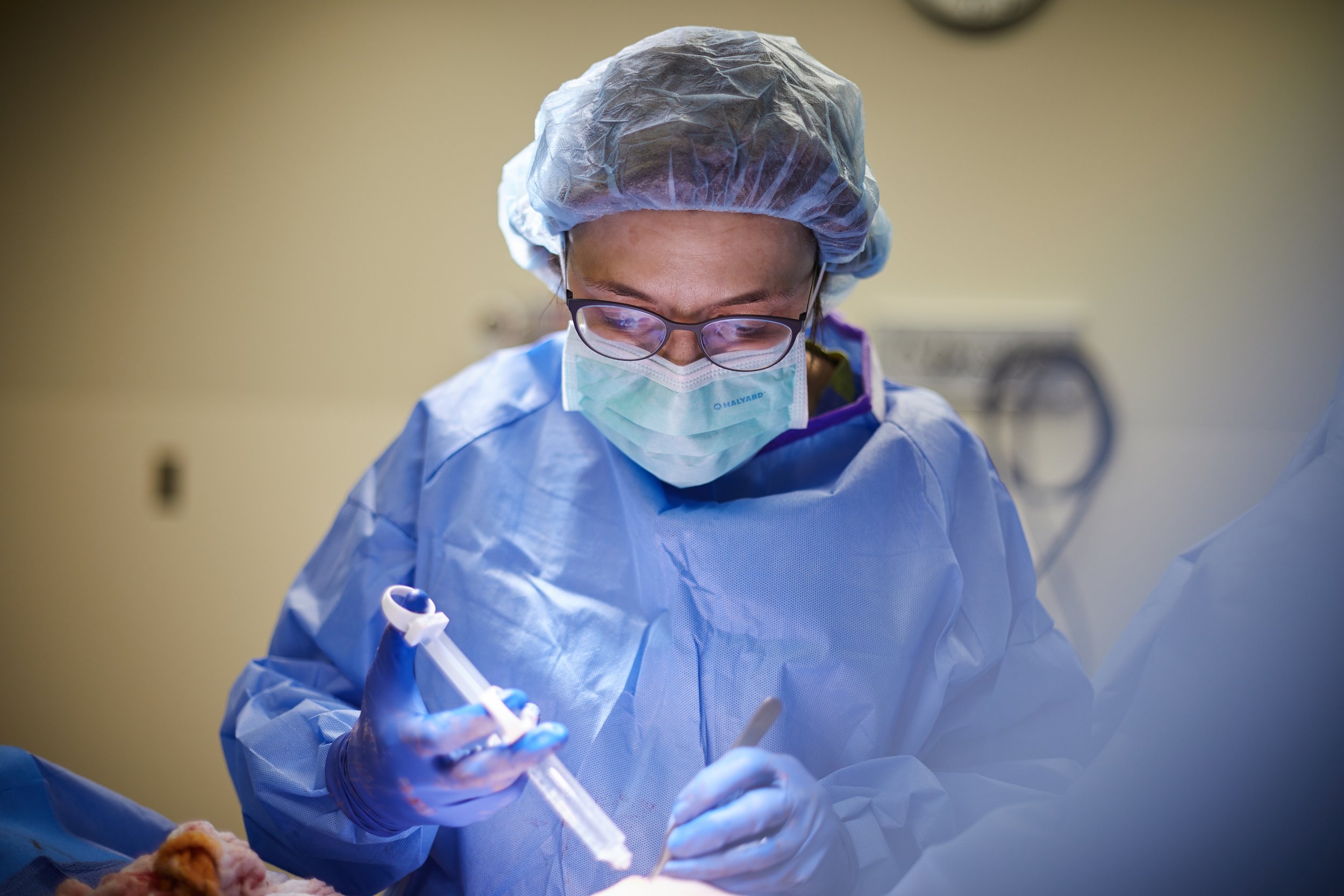Investigating the Emotional and Social Factors That Drive Individuals to Take Into Consideration Cosmetic Surgical Treatment as a Method of Renovation
The decision to pursue plastic surgery often prolongs beyond plain visual appeals, linking with psychological and social characteristics that merit complete evaluation. Variables such as self-worth, pervasive societal elegance standards, and the pervasive influence of social media assemble to shape individual motivations for surgical enhancement. As these influences come to be increasingly prominent, understanding the underlying social and psychological contexts is essential. What remains to be explored is the profound influence these elements have not only on individual identification however additionally on broader societal norms and values surrounding charm and acceptance.
The Function of Self-worth
Self-esteem considerably influences an individual's choice to go after plastic surgery. People with low self-esteem typically regard themselves in an adverse light, causing sensations of insufficiency regarding their physical look. This adverse self-perception can drive them to seek surgical treatments as a method of improving their self-image. The wish for enhancement in one's look is regularly linked to a belief that such modifications will raise their total self-regard and confidence.

Ultimately, the duty of self-confidence in the decision-making procedure pertaining to cosmetic surgical treatment highlights the intricate interplay between body image, personal complete satisfaction, and mental wellness. Understanding this partnership is critical for health care specialists to make certain that clients are making notified choices rooted in realistic expectations and emotional wellness.
Societal Appeal Requirements
Influenced by prevalent media portrayals and cultural narratives, social charm standards play a critical duty in shaping individuals' perceptions of their own bodies. These standards are commonly defined by an idyllic type of elegance that emphasizes qualities such as youthful vigor, slimness, and symmetry. As these perfects are perpetuated with numerous channels, including film, tv, and marketing, people regularly internalize these messages, causing dissatisfaction with their natural look.
The implications of these social norms expand beyond visual preferences; they can influence self-worth, mental wellness, and interpersonal partnerships. Individuals that regard themselves as dropping brief of these requirements might experience feelings of insufficiency, triggering a need for cosmetic surgical treatment as a means of accomplishing social approval. This quest is commonly fueled by the belief that adhering to these perfects will certainly enhance not just physical look but likewise social standing and personal satisfaction.

Influence of Social Network
The influence of social elegance requirements is more magnified by the rise of social media sites platforms, where curated pictures and idyllic depictions of beauty are ubiquitous. Customers are constantly subjected to filteringed system and edited photos, which often illustrate unattainable physical features. This exposure cultivates a culture of contrast, leading people to analyze their own appearance against these typically impractical standards.
Social media influencers and celebrities often advertise aesthetic treatments, stabilizing the idea that medical enhancements are a practical ways for accomplishing societal ideals (plastic surgery rancho cucamonga). The exposure of these improvements can develop an understanding that undergoing cosmetic surgical procedure is a common technique, therefore affecting people to take into consideration comparable treatments as a path to enhanced self-confidence and social acceptance
Additionally, the interactive nature of social media sites enables for instant comments with likes and comments, better enhancing the need to comply with preferred appeal requirements. Such interactions can exacerbate sensations of insufficiency and drive individuals toward cosmetic surgery as a way of more tips here getting validation. Ultimately, social media plays a pivotal duty fit assumptions of appeal, which substantially affects the decision-making processes bordering cosmetic surgical treatment.

Social Viewpoints on Look
Across different cultures, perceptions of appearance are deeply rooted in historic, social, and financial contexts, forming individuals' views on elegance and charm. In several societies, look functions as a substantial marker of identity, influencing social status, specialist chances, and personal connections. For example, in some cultures, light skin is often related to wide range and opportunity, while others may glorify darker skin tones as symbols of toughness and authenticity.
Moreover, typical appeal standards are often bolstered through social narratives, media depictions, and family members influences, resulting in varying suitables throughout different areas (plastic surgery rancho cucamonga). In Western cultures, the focus on youth and physical conditioning typically drives individuals towards aesthetic enhancement, while in certain Eastern cultures, even more subtle adjustments aligned with typical aesthetics might be favored
Globalization and the expansion of electronic media have additionally made complex these dynamics, producing a hybridization of beauty perfects that goes beyond geographical limits. As individuals progressively browse these social stories, the stress to satisfy specific appearance criteria can lead to the wish for More Help cosmetic surgery, mirroring a complicated interaction of personal goals and social worths. Understanding these cultural perspectives is crucial in dealing with the motivations behind plastic surgery considerations.
Psychological Effects of Plastic Surgery
Several people looking for plastic surgery record experiencing profound mental effects that can considerably alter their self-perception and emotional well-being - plastic surgery rancho cucamonga. The desire for physical enhancement often originates from underlying problems such as low self-esteem, body dysmorphic disorder, or social stress relating to charm standards. For some, the immediate post-operative stage can bring about a momentary boost in self-confidence and satisfaction with their look, promoting a sense of empowerment
Nonetheless, these favorable sensations might not be enduring. Study suggests that while some individuals experience improved self-confidence, others may encounter elevated anxiety or clinical depression if their expectations are not fulfilled. This inconsistency can arise from impractical suitables bolstered by media representation and social narratives bordering appeal.
Additionally, the emotional ramifications of cosmetic surgery expand beyond the person. Relationships with friends and family might be strained as social dynamics change, causing feelings of seclusion or alienation. Ultimately, the emotional impacts of cosmetic surgical treatment are complex and complex, needing mindful consideration Bonuses by both potential patients and doctor to make certain educated decision-making and sensible assumptions.
Conclusion
In final thought, the choice to pursue cosmetic surgical treatment is dramatically influenced by a combination of self-confidence concerns, social beauty standards, and cultural point of views on look. The prevalent reach of social media better exacerbates these stress, advertising impractical perfects that individuals frequently aim to acquire. Comprehending these psychological and social factors is vital for resolving the inspirations behind cosmetic surgery, highlighting the need for a more nuanced conversation surrounding beauty and self-acceptance in contemporary culture.
The choice to seek cosmetic surgical procedure often extends beyond plain aesthetics, intertwining with social and emotional characteristics that warrant complete examination. Ultimately, social media plays a critical role in forming assumptions of elegance, which dramatically affects the decision-making processes bordering cosmetic surgical treatment.
As individuals progressively navigate these social narratives, the pressure to adjust to details look standards can lead to the desire for cosmetic surgical procedure, showing a complicated interplay of personal aspirations and social values.In conclusion, the choice to pursue cosmetic surgical procedure is dramatically influenced by a mix of self-esteem problems, societal elegance standards, and social point of views on look. Understanding these social and emotional elements is important for addressing the inspirations behind cosmetic surgery, highlighting the demand for a much more nuanced discussion surrounding elegance and self-acceptance in contemporary culture.